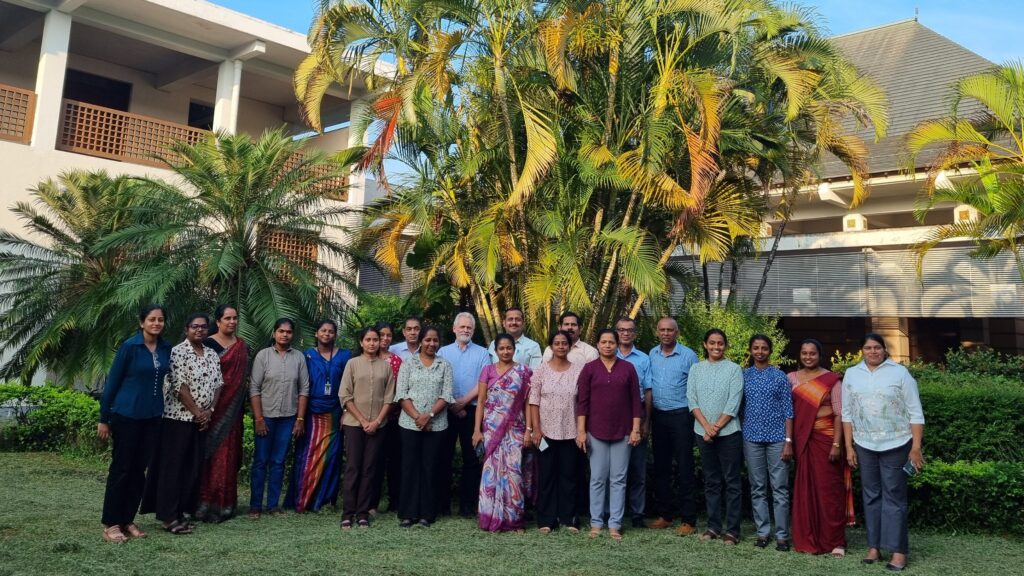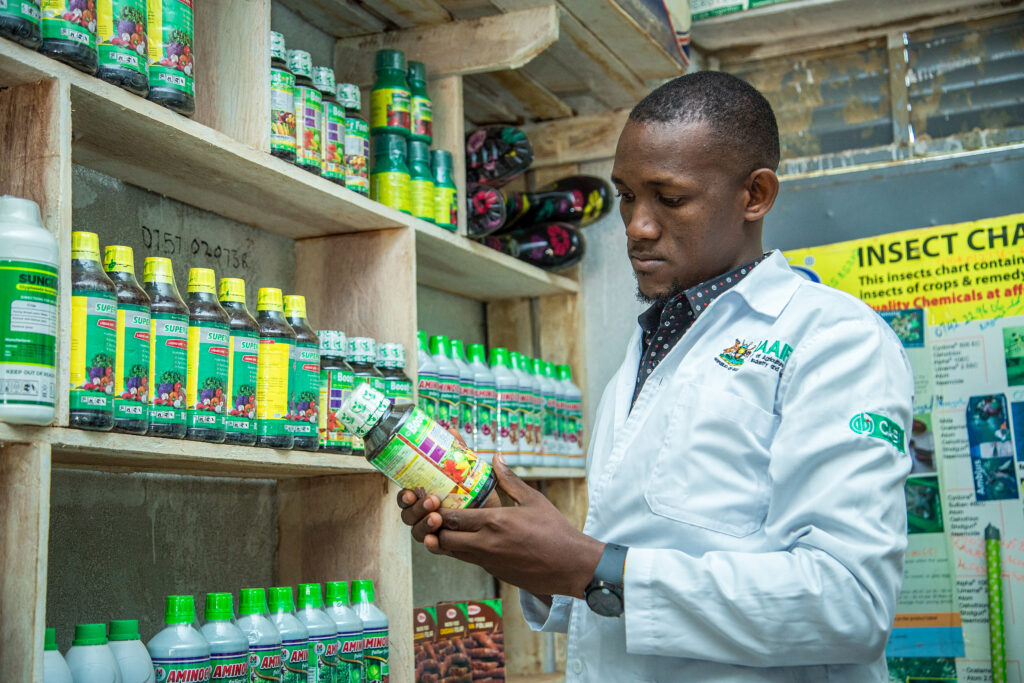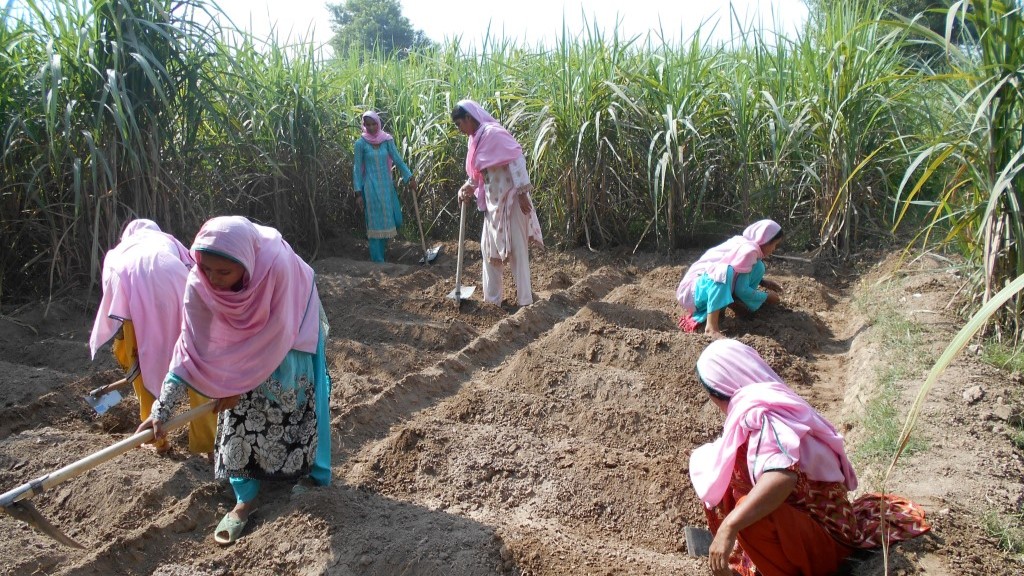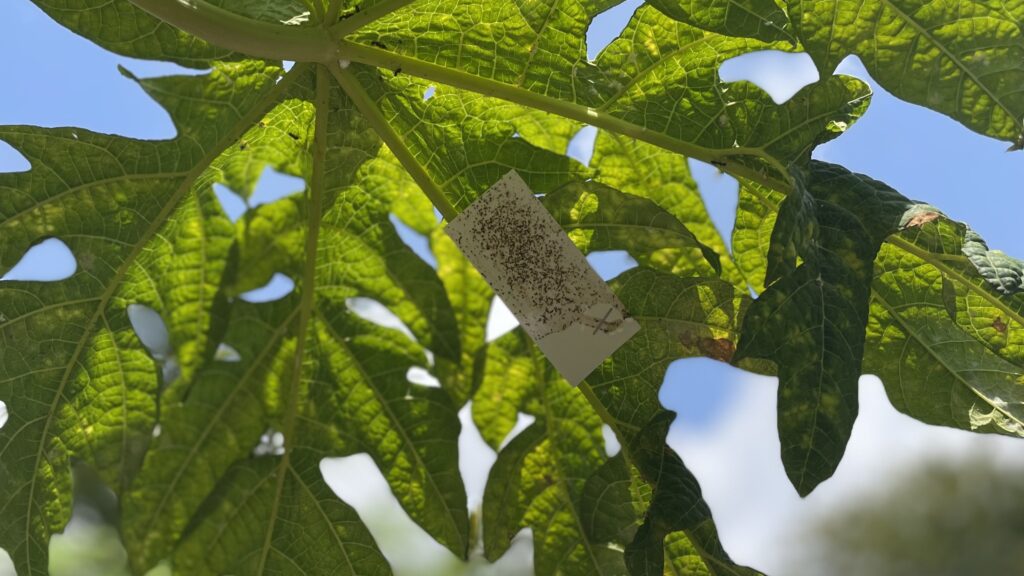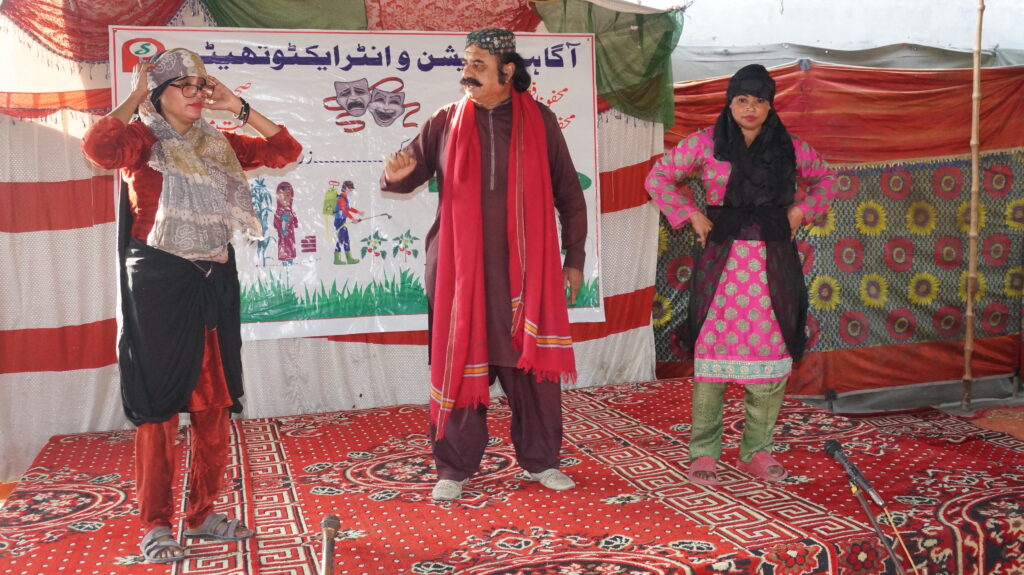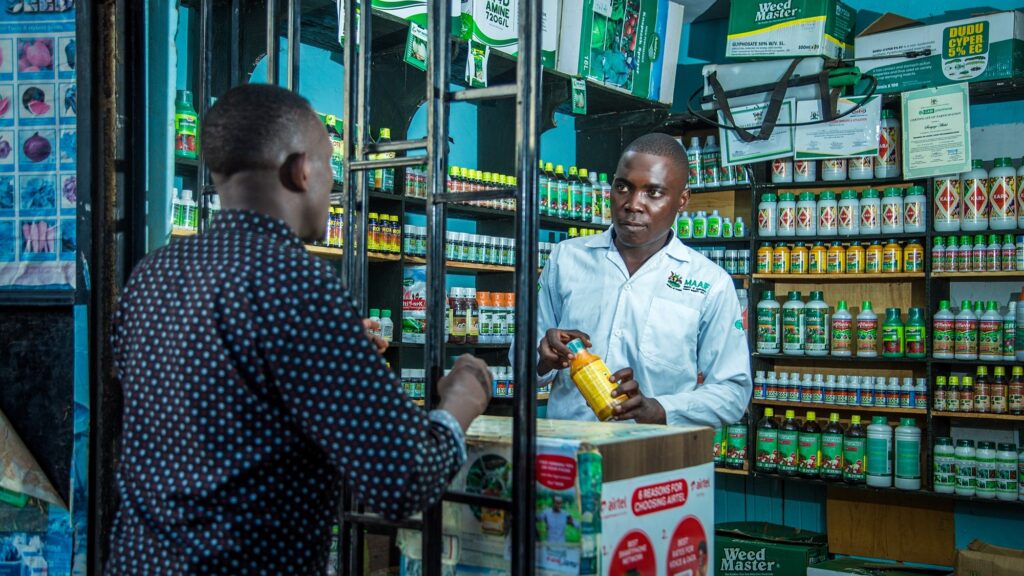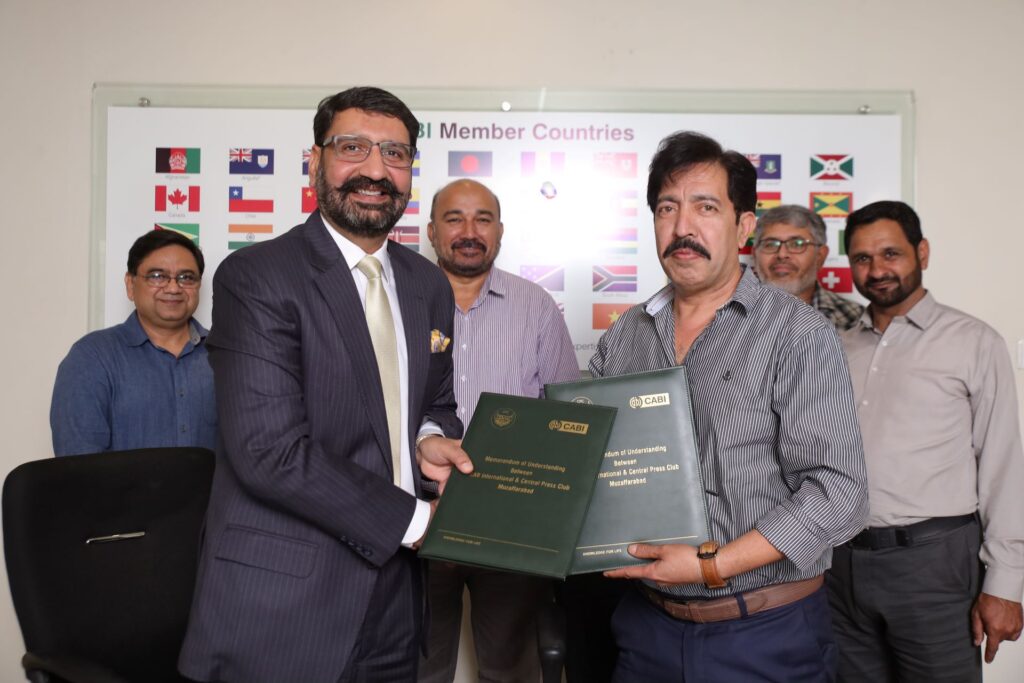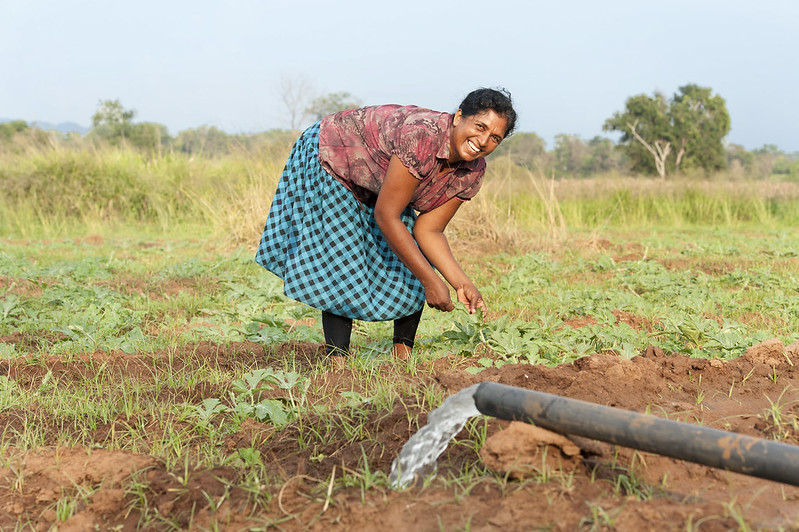Training Sri Lanka’s agro-dealers in pesticide risk reduction
Agro-dealers provide vital support to Sri Lanka’s farmers. These agricultural input suppliers are often the first point of contact for smallholders who need advice on plant protection products. However, agro-dealers often lack formal training in safer pesticide use and pesticide alternatives. This can lead to the misuse of agro-chemicals, environmental harm, and health risks for…
“Use of any pesticide comes with some risk, but this risk can be reduced”
Pesticides are a widely used pest management option. However, if applied incorrectly, they can pose serious risks to human health, ecosystems, and food safety. From farm workers and consumers to pollinators and waterways, the impacts of unsafe pesticide use can be far-reaching.
Empowering women farmers in Pakistan with pest control knowledge
Women farmers in Pakistan play a central role in the country’s economy. However, many struggle to access essential information about sustainable farming approaches. Women make up nearly 66% of the agricultural workforce in Pakistan. Yet they receive very little agricultural extension advice. This lack of support creates serious challenges, particularly when it comes to managing…
How agro-dealer training in Uganda is reducing pesticide risks and making farming safer
Agro-dealers can play a critical role in sharing knowledge about pesticide safety and biopesticides. Misusing chemical pesticides harms farmers, consumers, animals and the environment. However, safe handling of pesticides and the use of nature-based alternatives help to reduce these risks. Nevertheless, many farmers lack access to relevant information. It has been estimated that less than…

